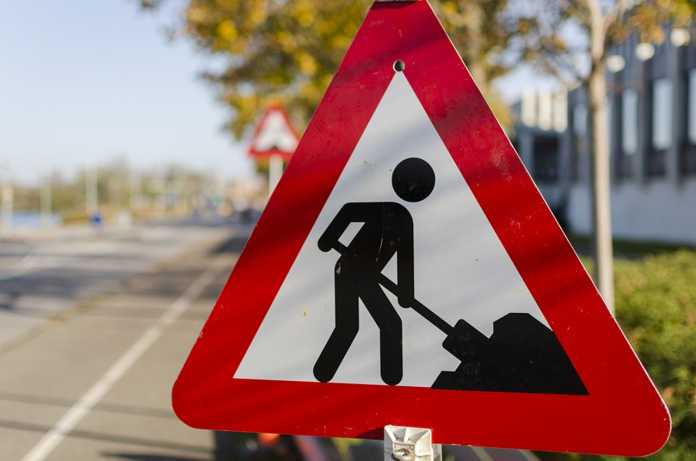
Q. I live on the outskirts of the city and there has been constant roadworks for the last few months. The work constantly moves up and down the road. During the day the road is reduced to one way and a stop and go system is in place. Delays can be quite bad, but the traffic is usually pretty well managed. However, in the evenings there are two ‘lanes’ which are not wide enough to allow two vehicles to pass, and no traffic management. A car was coming against me late in the evening and we essentially scraped off one another. I stopped a little bit down the road but the other vehicle kept on going. There is superficial but extensive damage. What can I do?
Dear Reader,
This is a difficulty often encountered on Irish roads, but in the context of roads which have temporarily narrowed (for roadworks like in your case) or in cases where a minor L-road or similar is not wide enough at points to allow two cars to pass safety, there are various factors to consider.
Was there a ‘warning’, ‘yield’, or ‘road narrowing’ sign on one or other side of the road? If there was such a warning on one side only, that vehicle should have yielded for the other.
If there was a white line on the road, such that there was sufficient space to allow one car to pass safety, the vehicle inside that white line would have right of way.
If roadworks continue, it may not now be possible to ascertain whether there were such temporary warning signs present on the evening in question.
However, in circumstances where there were no warnings (no white lines etc), both drivers would usually be deemed to have a duty of care to the other. Other factors then come into blame into play, such as speed, placement of vehicles in the road, and so on.
It is likely that both vehicles would be deemed somewhat at fault. If you knew the road, and knew the road was narrowed, and failed to stop or give way, this might well be held against you. Even if the other driver is making a mistake, you should be aware and alert to the risks of other road users.
The question of which driver, if any, was more at fault would depend on the circumstances of the individual incident, and you might need the assistance of an engineer to resolve the same.
That said, the other vehicle should have stopped. Failure to do so is an offence. If you have not done so, you should now notify the Gardaí.
If you cannot locate the other driver, you or your solicitor should notify the Motor Insurers Bureau of Ireland (MIBI) which will act as insured for an untraced vehicle.










